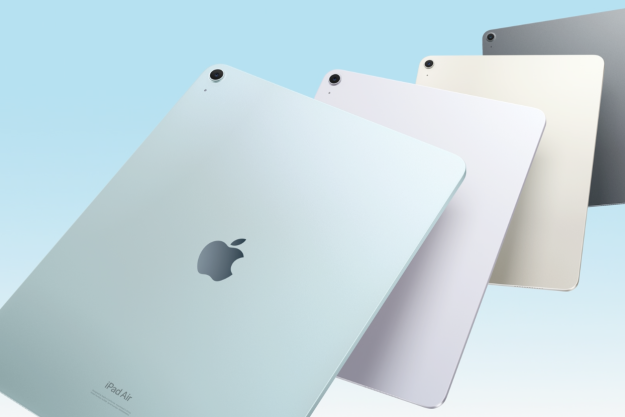Apple released a study Wednesday defending its commission rates, saying its rates are the same as most other app stores or video game marketplaces.
The study — commissioned by Apple and conducted by independent economists at Analysis Group — found that Apple’s App Store has a 30% commission rate for paid apps and in-app purchases. The Analysis Group found that the 30% rate is the same or similar to 38 digital marketplaces, such as the Google Play Store, Amazon Appstore, and the Samsung Galaxy Store.
Video game marketplaces such as Xbox, PlayStation, and Nintendo also charge the same standard 30% commission rate.

The economists who conducted the study found that the 30% commission rate figure has been the industry norm since before the App Store even existed. The researchers looked at older app stores from Nokia and Blackberry and found they also had a 30% rate.
It’s the second recent study Apple has conducted about its App Store. Last month, Apple released a study — also conducted by Analysis Group — that gave a more in-depth look into how App Store customers spend their cash. The study revealed that in 2019, Apple’s App Store generated $519 billion. The sales of digital goods and services — from which Apple takes a 30% commission –amounted to $61 billion.
Apple noted that since the App Store launched in 2008, developers have earned more than $155 billion from apps and in-app purchases, with a quarter of that amount generated in 2019.
These studies come at a time when Apple’s App store is under the microscope on whether or not the App Store operates as a monopoly. Apple argues that competition is alive and well in its app store since while Apple develops its own apps, like Maps, Calendar, and iCloud, it still allows competing services, like Google Drive and Google Maps, to exist on the App Store.
However, separate investigations from the New York Times and The Wall Street Journal last year found that Apple has favored its own apps over those made by third parties. The issue lies in the fact that by pushing its own apps to the top of search results, Apple was able to potentially influence customers downloaded how many of its own apps.
Apple CEO Tim Cook previously said that Apple is “committed to doing even more to support and nurture the global App Store community — from one-developer shops in nearly every country to businesses that employ thousands of workers — as it continues to foster innovation, create jobs, and propel economic growth for the future.”
Editors' Recommendations
- Google’s Gemini AI app gets a wider release. Is your phone on the list?
- Emulators have changed the iPhone forever
- Apple may release a completely new type of iPhone in 2025
- The Apple Watch is the best iPhone camera accessory you didn’t know you needed
- Apple apologizes for its controversial iPad Pro ad



